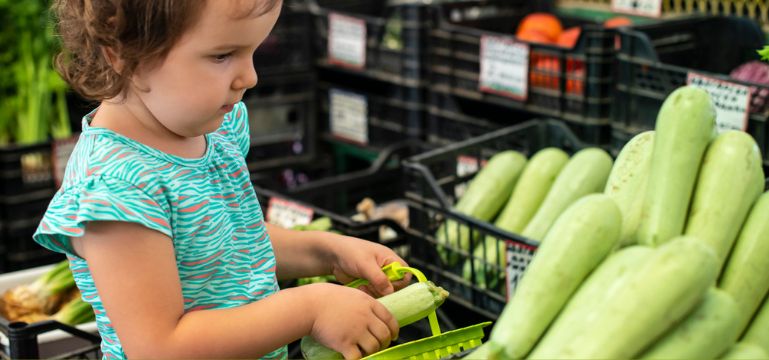Reducing inequalities caused by poverty through strong community partnerships

Quick links:
Information about the school
Cwmaman Primary School is an English-medium primary school situated in the village of Cwmaman, near Aberdare, in the Rhondda Cynon Taf local authority. The school has 214 pupils from the ages of 3 to 11 organised into 8 classes. The school provides part-time nursery provision from the term following the child’s third birthday. Approximately 22.6% are identified as having additional learning needs and all pupils use English as their first language. 35.2% per cent of pupils are eligible to receive free school meals. Cwmaman Ward is recognised as an area of significant deprivation and is placed at 288 out of 1,909 local areas in Wales. It is in the 11%-20% most deprived areas in Wales (Welsh Index of Multiple Deprivation 2019). Housing, unemployment and poor health contribute significantly to its deprivation.
Context and background to the effective or innovative practice
Cwmaman is an area with a significant portion of its population living below the poverty line and it has high unemployment rates. Leaders at Cwmaman Primary School recognise the complex nature of poverty its possible impact on pupils. The school works worked closely with Child Poverty Action Group (CPAG) with the aim of removing any financial barriers to learning and well-being for pupils from low-income households. The school fosters and maintains strong community partnerships and elicits collaboration among local government agencies, non-profit organisations, businesses, educational settings, and community members. These partnerships strengthen the school’s aim to empower families living in poverty, developing their skills, providing access to resources, and identifying opportunities for economic mobility.
Description of nature of strategy or activity
The school builds purposeful links with parents and the community to ensure that no child in the school is hungry and that every child is able to make food choices that enable them to thrive. The resulting Big Box Bwyd initiative provides children and families with food at ‘pay as you feel’ prices. The initiative also enables pupils to learn to grow food and cook meals.
The school’s senior leader for community involvement leads on the strategy, which is focused on:
- Big Box Boyd – a ‘pay as you feel’ shop for donations of food and household goods.
- Access to a uniform swap and free hygiene products.
- Creating a charity, ‘Cwm Unity’ run by community and school members.
- Senior leaders and members of the community working closely with Big Box Bwyd providers to manage and improve the shop.
- Successfully securing grants to ensure supplies are always available
- Partnering with organisations who support families to access white goods, beds, mattresses, and energy vouchers (over one hundred families were successful).
- The school’s pupil leadership groups collaborating with Cwm-Unity to organise uniform swaps, Christmas Jumpers swaps, hygiene bags, and reduced cost meal packs.
- Pupils involvement through building raised beds for growing vegetables for the shop.
- Providing weekly cooking lessons for families using the reduced cost meal packs.
- Holding intergenerational coffee mornings, where members of the community can access free products such as blankets, hot water bottles, gloves, hats, and so on.
- Arranging low-cost community events such as breakfast with Santa and fish and chip suppers.
- Setting up and funding a Mums and Tots group in the locality. This is the only group of its kind in the village.
What impact has this work had on provision and learners’ standards?
- This case study highlights the transformative power of strong community partnerships in reducing the impact of poverty. By bringing together stakeholders from different sectors, and empowering residents to take ownership of their futures, the initiative demonstrates how collective action can create positive change and build more equitable and resilient communities.
- Supporting families with the cost-of-living crisis and meeting their basic needs relieves the pressure on families and enables pupils to fully participate in all aspects of school life regardless of financial, social and economic circumstances.
- Pupils are increasingly engaged in their learning and all make good progress in developing their knowledge and skills across the curriculum. They demonstrate respectful behaviour and develop well-being.
- Relationships with parents, the local community and professional agencies are a strength.
How have you shared your good practice?
The school’s approach to reducing inequalities caused by poverty through strong community partnerships has been shared with local schools and schools in the Big Bocs Bwyd community. Senior leaders have visited the school to see the approach in practice. The strategy has been shared with the school community and governors through presentations led by pupil leadership groups and more widely through social media.